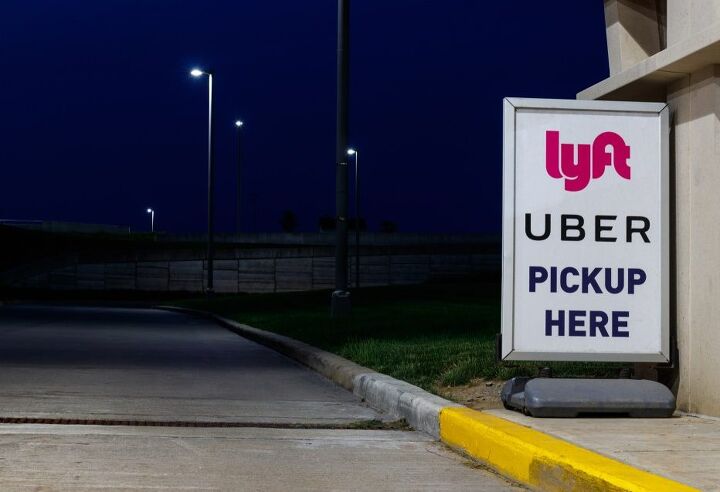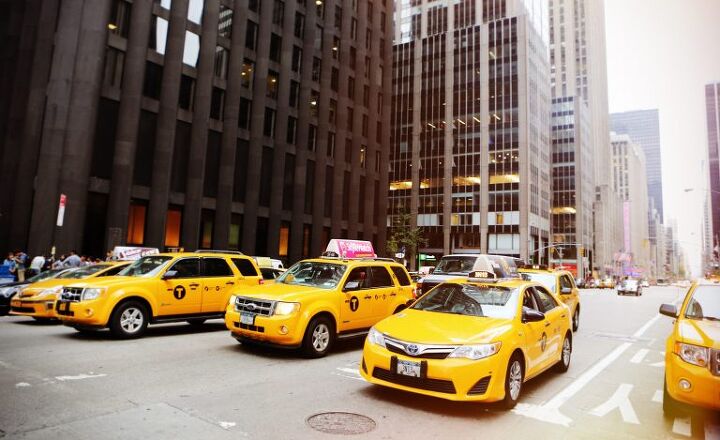#DrivingJobs
Tesla Pauses Production in Shanghai
Tesla Inc. is briefly suspending production at its Shanghai factory for two days, starting today, as China upgrades restrictions pertaining to a new COVID outbreak. While the rest of the world has been scaling back pandemic-related restrictions, the Chinese Communist Party has begun issuing new mandates after locking down 51 million people at the start of the week. The government has said its part of its no-tolerance approach to the virus after citing roughly 1,700 infections spread across a dozen cities.
This has already started impacting supply chains that have been beleaguered by two years of restrictions already, apparently catching Tesla in the process. Despite Shanghai not having been issued any official orders, there’s been mounting pressure for businesses to temporarily shut down or reinstate protocols to have people work from home.
Uber Drivers Sue, Claim Company Pressured Them to Support Prop 22
A small group of drivers are suing Uber over repetitive in-app messages from the company about Proposition 22, a ballot initiative it would very much like them to support. Considering the deluge of political messages you’re undoubtedly getting on your own cellular device, you’re probably sympathetic to their plight. There are few things more annoying than being constantly reminded about an election nobody seems capable of shutting up about — especially when they can’t seem to get your name right.
But Uber likely crossed a line with its employees. While political action campaigns can inundate you with the most obnoxious and misleading election information, your employer isn’t supposed to. These drivers are claiming Uber violated their employment rights by trying to get them to support a ballot measure it has a vested interest in every time they checked their mobile device to hunt for a fare.
California Rules Uber/Lyft Must Reclassify Drivers
A California appeals court unanimously ruled against ride-hailing giants Uber and Lyft on Thursday, mandating that they would indeed need to reclassify drivers operating within the state as employees.
The duo have been pushing against Assembly Bill 5, which seeks to reclassify contracted, gig-economy workers as fully fledged employees entitled to all the associated benefits, all year. California even sued Uber and Lyft in May for refusing to comply with with the order but they’ve claimed AB5 will severely hinder (if not eliminate) their ability to operate within the state and have backed a measure called Proposition 22 that would grant them special exceptions.
Uber, Lyft Spending Big to Fight Californian Gig Economy Laws
Uber Death Watch: Ride-hailing Firm Cuts 3,000 Additional Jobs
Uber Technologies eliminated an additional 3,000 jobs on Monday, closing offices around the world as certain regions revealed less growth than the outfit had hoped for. We covered the ride-hailing firm’s financial situation last week, as reports circulated that it wanted to drop a few billion to acquire Grubhub and enhance its own food-delivery service in the wake of the coronavirus pandemic.
At the time, the firm had already cut 3,700 jobs pertaining to customer support and human resources. Even in the absence of people shunning shared transportation and local governments forcing citizens to stay indoors, Uber’s preexisting inability to turn a profit would probably have forced the company to restructure eventually. The pandemic pinned the accelerator to the floor mat, however, likely forcing additional cuts by the company’s own admission. Considering Uber has already axed about a quarter of its global workforce, it’s probably time to place it on death watch.
Report Claims Self-driving Cars Will Make So Much Money, No One Will Care About Employment Losses
There’s been plenty of discussion about how autonomous vehicles will effectively annihilate the trucking and taxi industries. We’ve certainly discussed it — in addition to concerns that self-driving vehicles may not reduce pollution and traffic congestion as promised.
Fear not, claims a recent report sponsored by Securing America’s Future Energy. The problem of self-driving cars displacing huge numbers workers is apparently overblown when compared to the economic impact as a whole. According to the study — “America’s Workforce and the Self-Driving Future” — the loss in employment opportunities should be offset by the potential advantages in safety, cheaper transportation, mobility, air quality, and individual productivity.
The report says that by 2050, AVs will contribute between $3 and $6 trillion in cumulative consumer and societal benefits to the U.S. economy. While it’s not clear how much of that will go into the pockets of people who’ve lost their jobs, it sure sounds great in theory.
But is this really the future of autonomous transportation? And who are these wizards of analysis who tell us the future looks so damn bright?




















Recent Comments